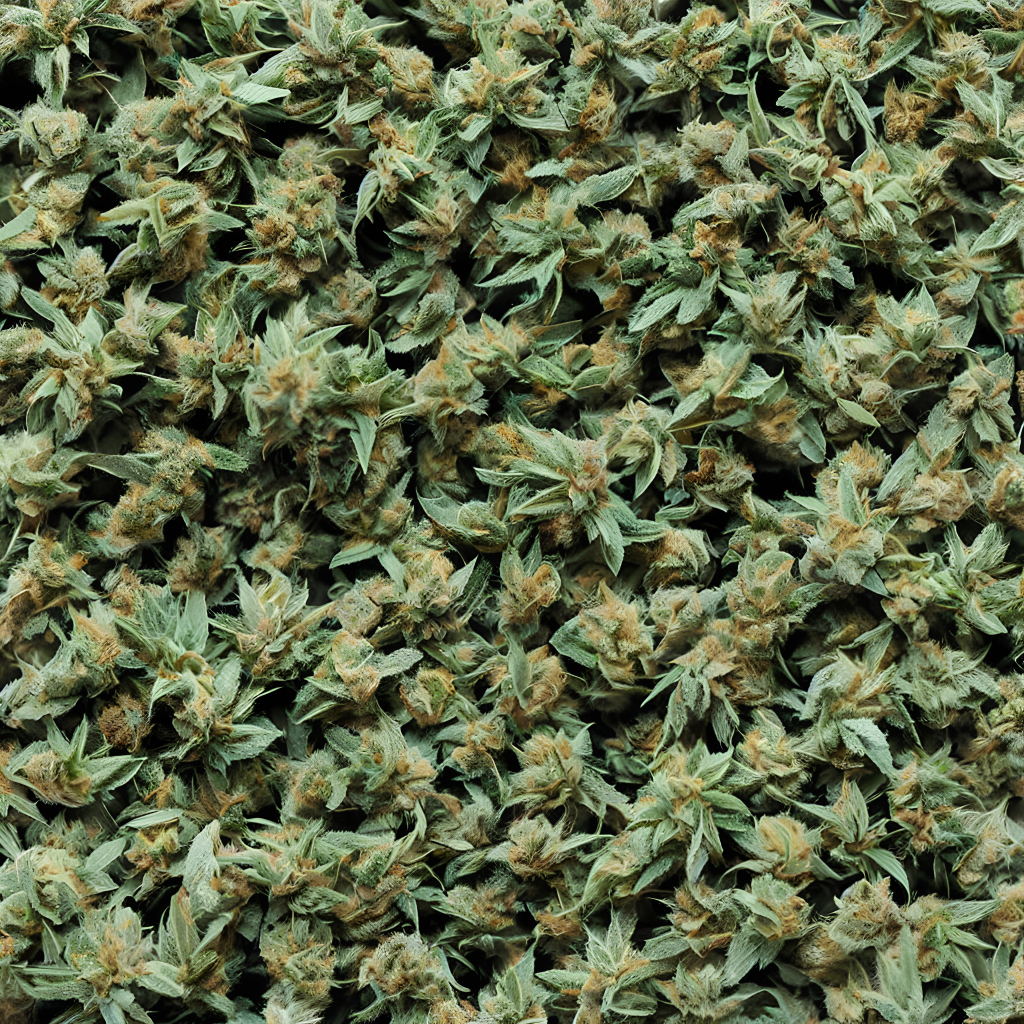
Image Credit: SaulRoth.net
By Saul Roth
The link between substance abuse and crime is an increasing concern among health professionals, public officials, and law enforcement personnel. Studies have been conducted to determine if there is a correlation between substance abuse and criminal behavior, as well as the impact of substance use on the criminal justice system. This article will provide a comprehensive overview of the available evidence and discuss the various ways in which substance use can affect criminal behavior.
First, it is important to explore the effects of substance abuse on criminal behavior. The most prominent explanation for this relationship is known as the gateway theory. This theory suggests that substance use can lead to more serious forms of criminal behavior, such as violence and property crimes.Research suggests that individuals who utilize drugs may be more likely to engage in criminal behavior and that their use of substances is linked to their involvement in criminal activities. For instance, a study conducted by O’Connell, Gibson, and Schmeid (2004) found a strong correlation between illicit drug use and violent crimes. Similarly, research conducted by Kruse and Sacco (2010) found a significant association between drug and alcohol use and a higher rate of criminal behavior.
Second, it is important to consider the impact of substance use on the criminal justice system. Studies have demonstrated a direct correlation between substance abuse and incarceration rates within the United States. Data from the Bureau of Prisons indicates that approximately 60 percent of inmates in federal prison have committed drug-related offenses. Furthermore, research has shown that individuals who frequently utilize substances are more likely to become involved in the criminal justice system, even when controlling for other influences such as age, gender, and race. Thus, substance use is an important factor in determining the likelihood of a person entering the criminal justice system.
Finally, it is important to examine the ways in which substance use can affect criminal behavior. Substance use can increase the risk of engaging in violent and aggressive behavior, which can lead to criminal acts. Studies have also suggested that individuals who utilize substances are more likely to participate in other criminal activities, such as theft and robbery. In addition, substance use can impair judgement and increase the risk of risky behavior, including engaging in illegal activities.
There is substantial evidence to suggest that there is a link between substance abuse, crime, and substance use. Studies have demonstrated a direct correlation between substance use and criminal behavior, as well as the impact of substance use on the criminal justice system. However, it is important to note that these correlations do not necessarily imply causation. Further research is needed to understand the full extent of the relationship between substance use, crime, and criminal behavior.

Recent Comments